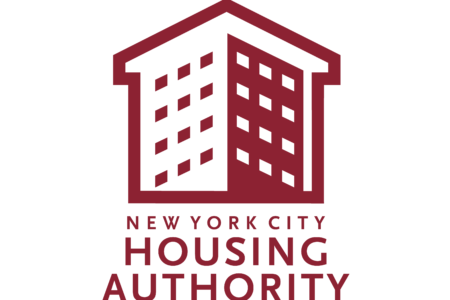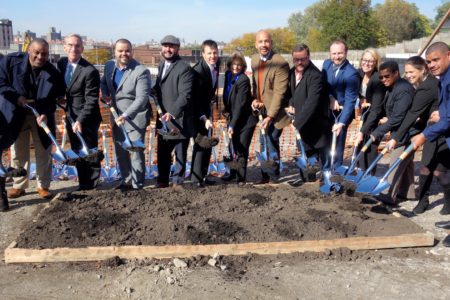Affordable HDFC co-op learns a lesson about the pitfalls of going it alone.
The rumors started in 2011. Shareholders in the affordable, 110-unit HDFC co-op in the High Bridge section of Bronx became aware that there were some serious problems with their building. The most visible of those problems was the debris falling off the facade because mandatory Local Law 11 work had not been performed. The building did not have the money to pay for it. The co-op also faced $1 million in unpaid taxes and water-and-sewer bills. To top it off, the boiler was nearing the end of its life. While the majority of the city’s 1,300 HDFC co-ops are functioning well, roughly one-quarter of them are experiencing troubles like those in the Bronx co-op.
“Creditors were at our doorstep,” says Muhammed Suleman, a Bronx native who moved into the co-op in 2008 and joined the seven-member board three years later, when the unsettling rumors reached him. “Some shareholders hadn’t paid their maintenance in a long time and were in serious arrears. The board violated the bylaws and there was nepotism – the vice president had appointed a family member to manage funds, which were then misappropriated. There were a lot of problems.”
Shareholders were unable to sell their apartments because no bank would give prospective buyers a mortgage in such a financially unstable building. If a shareholder wanted to move out, the only option was subletting.
“Those first board meetings were just yelling and accusations,” Suleman recalls. “They would last from 6 P.M. until 1 o’clock in the morning. People tried to protect their reputation. I told them, ‘I’m not interested in the past. I’m not a detective. We need to figure out how to go forward.’ The shareholders needed some serious re-education. They had a renter’s mentality. They just didn’t behave like owners.”
Suleman, who is now president of the board, believed the co-op’s problems, though daunting, could be untangled. “With an annual income of $980,000,” he reasoned, “the building should be able to fulfill its obligations.” The root of the trouble, as he saw it, was that for years the co-op had been self-managed – or, more accurately, self-mis-managed. So Suleman began researching management companies, and the board interviewed five prospects before deciding to hire HSC Management in 2014.
“They reached out to us and we decided to take them on,” says the current property manager, Michael Smith, of HSC. “But the building was deemed unsafe. There was debris falling off the facade and they had to have [city-mandated] scaffolding around it. That scaffolding had been there for over six years, and that alone costs them $2,300 per month. And any time it rained or snowed, there were also a lot of leaks in the apartments.”
Josh Koppel, president of HSC, worked for almost a year to find a bank that would give the troubled co-op a loan. Finally he secured $3 million from the Meridian Capital Group. “With that loan, we first paid the water-and-sewer and property tax bills,” says Smith. “Then all creditors were paid and off and now we’re in the process of doing the Local Law 11 work, which is halfway done. The current contract, with Koenigsberg Engineering, is for about $400,000.”
Suleman, who grew up in a single-parent household and is familiar with financial hardship, believed it was time to get tough. Shareholders who fail to pay their maintenance are now taken directly to Housing Court, and a late fee of $50 is imposed as a deterrent. “Unless they come to us and explain what the trouble is and seek our help, they are immediately taken to court,” Suleman says. “The shareholders have to be willing to work with us on a reasonable payment plan.”
“We are saving the building,” says Smith. “We are also repairing or replacing windows, and putting in a new intercom system and surveillance cameras. We’re now able to do all these little upgrades to the building.”
Since paying off its delinquent water and tax bills, Suleman says the board has $1.5 million in funding for renovations. “Finally,” he says, “the building is in a stellar position.”
Principal players – management: HSC Management. bank: Meridian Capital Group. contractor: Koenigsberg Engineering.








